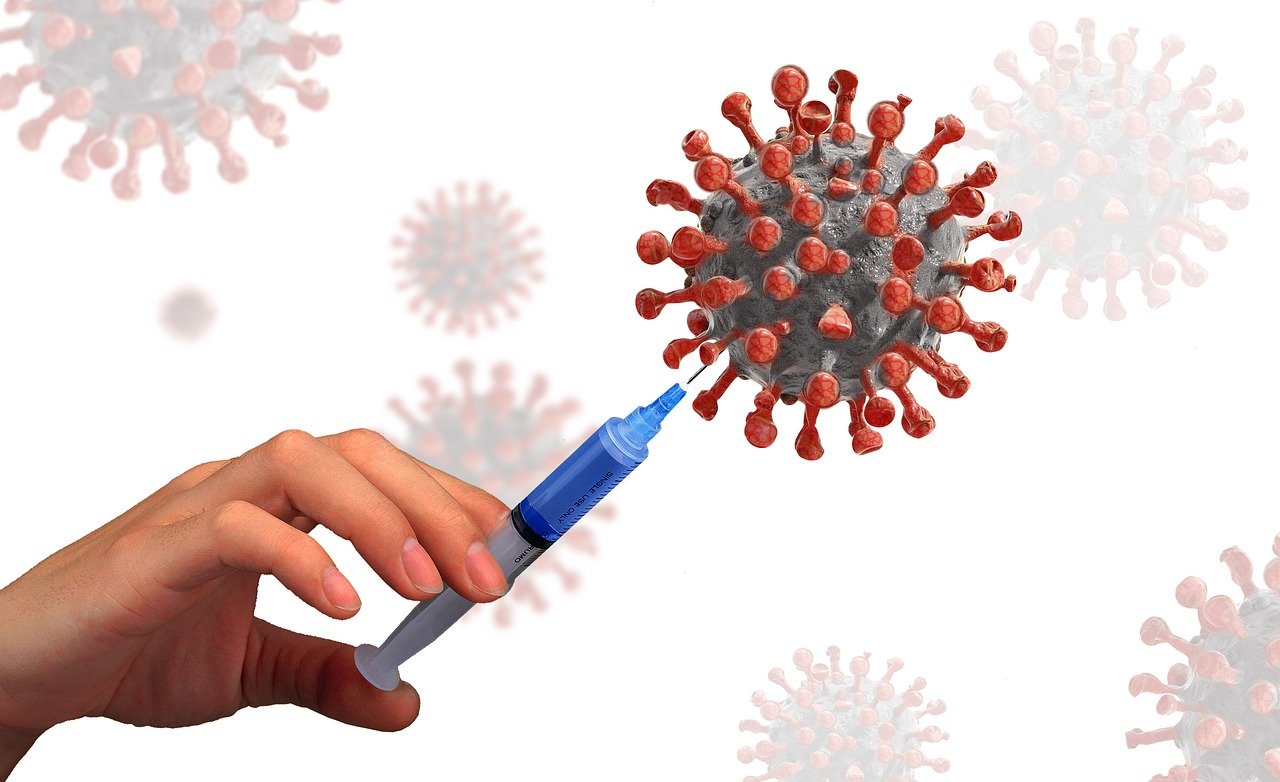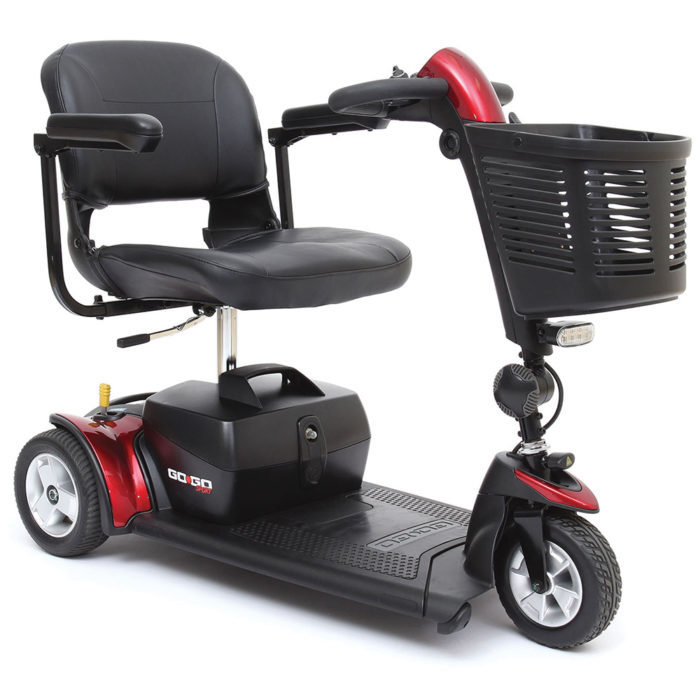Do you plan to get a COVID-19 vaccine? I do.
People in the U.K. started receiving the vaccine last week and the first doses are on their way to people in the U.S.
So far, the U.S.-based National Multiple Sclerosis Society has said only that people with MS should seriously consider getting a COVID-19 vaccine. It’s brought together a group of experts to make some detailed recommendations, but the group’s report isn’t expected until sometime in January. In the U.K., however, the MS Society has already issued some specific vaccine guidance for people with MS.
A trio of COVID-19 vaccines
The vaccine approved by officials in the U.S. and the U.K. uses a messenger RNA (mRNA) developed by the companies Pfizer and BioNTech. Of the two other vaccines that are far along in the approval pipeline one, produced by the company Moderna with support and funding from the National Institutes of Health, also uses the mRNA model. The other, produced by the company AstraZeneca and the University of Oxford, is a viral vector vaccine.
All of these vaccines seek to generate an immune response to SARS-CoV-2, the virus that causes COVID-19. But they work differently.
The mRNA vaccines use a laboratory-made genetic code to instruct the body’s antigens to create an immune response. These vaccines are not made from a live virus.
Viral vector vaccines use a weakened version of a virus – but it’s not the SARS-CoV-2 virus – to generate that immunity. It’s a weakened, harmless version of a virus that causes the common cold in chimpanzees. It doesn’t cause disease in humans. It’s important for people with multiple sclerosis to realize that this is not the same as the live, or live-attenuated, virus vaccines that people with MS are generally advised to avoid.
How will the vaccines affect people with MS?
According to the U.K.’s MS Society, none of these COVID-19 vaccines are expected to cause a relapse or to make someone’s MS worse. They’re also not expected to be dangerous to people who are taking disease-modifying therapies (DMTs).
On the other hand, the society’s website states that it’s for people using some immunosuppressive DMTs the effectiveness of the COVID vaccine might be reduced, at least for a period of time after a vaccine injection. That’s because those DMTs are designed to suppress our immune systems for a period of time in order to eliminate the rogue blood cells that result in MS attacks. So, they might also suppress the ability of the COVID vaccine to get to work.
I’d suggest that anyone with MS check with their neurologist before deciding whether or when to receive a COVID-19 vaccine. This would seem to be particularly important if the person is using a DMT.
Will you get a COVID-19 vaccine?
The COVID-19 vaccines may seem to have been rushed to recipients but more than 40,000 people participated in the clinical trials of the Pfizer vaccine and more than 30,000 in Moderna’s. There have been very few serious side effects reported from those trials.
I expect to get inoculated with a COVID-19 vaccine after checking with my neuro. U.S. President-elect Joe Biden and Vice President-elect Kamala Harris have said they will get vaccinated, along with three of the four living former U.S. presidents. Former U.S. President Jimmy Carter, who is 96, issued a statement encouraging people to get vaccinated, but hasn’t yet said if he’ll get one, according to the Associated Press.
In the U.K., Prime Minister Boris Johnson has indicated he may receive the vaccine live on television, Forbes has reported.
So, assuming your neuro agrees, will you take a COVID-19 vaccine? I’d like to know your thoughts in comments area, which you can find by scrolling down.
(This is an updated version of my column that appeared a few days earlier on the MS News Today website.)
(Featured image by Gerd Altmann from Pixabay)



